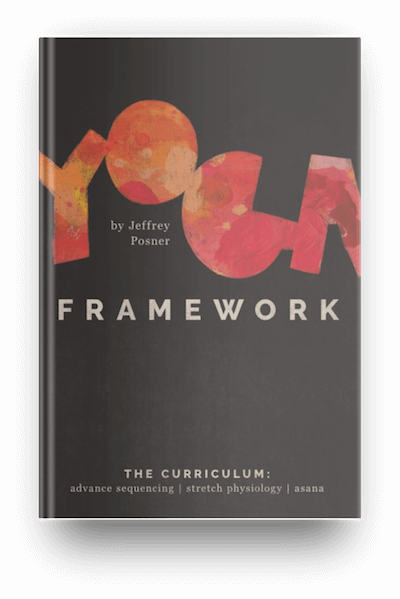from subreddit: Meditation
Can intense meditation retreats be dangerous?
Read the full post: Here
Intense meditation retreats can offer profound benefits, but they also carry potential meditation side effects. This Reddit post raises an important question about the dangers involved in such retreats, which are important to explore given the increasing popularity of meditation practices. Let’s delve into the risks and how participants can mediate them effectively.
Understanding Meditation Side Effects at Retreats
Meditation, while often beneficial, can yield certain side effects, particularly during intense retreats. A key concern is the psychological impact that can exacerbate pre-existing mental health conditions such as depression, anxiety, and even psychosis. For some individuals, especially those with little previous meditation experience, the prolonged silence and isolation can become challenging. These conditions can lead to states of dissociation, hallucinations, or intense emotional distress.
Research highlights that a notable portion of meditators, especially those attending intensive sessions, experience unpleasant outcomes. These vary from mild feelings of anxiety and fear to more severe issues like suicidal thoughts requiring hospitalization. It’s essential, therefore, to evaluate these potential meditation side effects before embarking on a rigorous retreat.
Risks of Too Much Meditation
Can too much meditation be harmful? Indeed, yes. Prolonged meditation can heighten internal awareness and may amplify existing emotional or psychological issues, leading to adverse effects. This phenomenon, sometimes referred to as “meditation sickness,” requires serious attention. Moreover, individuals might face physical side effects such as hypersensitivity and sleep disturbances. For detailed insights, this study on meditation-related risks provides an essential understanding of potential adverse effects.
Understanding the Safety of Vipassana Meditation Retreats
Vipassana meditation, a popular form of mindfulness practice, is often subject to analysis regarding its safety. The structured format of Vipassana retreats involves strict schedules and long hours of meditation which can be overwhelming for some. Therefore, safety concerns often arise, prompting questions like “Are Vipassana retreats safe?”
While these retreats offer deep spiritual and psychological benefits, their intensity can also induce stress and other adverse effects if not managed properly. It is crucial that centers adhere to ethical guidelines and provide appropriate support to participants. This article discusses safety measures crucial for participants.
Essential Safety Measures for Meditation Retreats
For any meditation retreat to be safe and beneficial, several measures should be in place. Firstly, having trained instructors who are knowledgeable about both the spiritual and psychological aspects of meditation is vital. These professionals can guide participants safely through the retreat, offering support when needed.
Furthermore, individuals with pre-existing mental health conditions should consult with healthcare providers before enrolling in a retreat. It’s essential that any intervention aligns with a person’s mental health needs to avoid exacerbation of their conditions. For those curious about meditation safety, this piece by Greater Good Science Center discusses in-depth the potential negative side effects and how they can be mitigated.
Addressing Meditation Side Effects: Key Takeaways
In conclusion, while meditation retreats offer profound personal growth, they carry potential risks, especially in intense formats. Understanding meditation side effects is crucial, as is taking necessary precautions, such as engaging with retreats that emphasize safety and proper guidance. Potential participants should be well-informed and physically and mentally prepared for the retreat environment. Finally, integrating practical measures, like periodic assessments by trusted instructors, can help ensure a safe and enriching experience for all involved.

